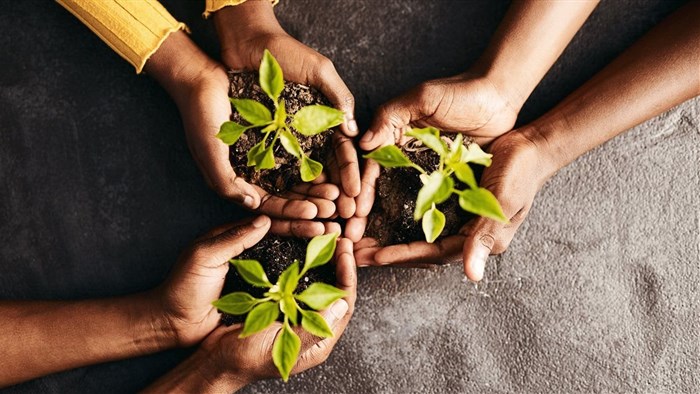






Industry leaders quickly met, and with the help of the Bureau for Food and Agricultural Policy (BFAP) created a weekly value chain tracker covering all aspects of the sector. This proved an essential tool as challenges emanating from it were elevated to the legislators to be tackled swiftly and ensure the continuity of the sector.
Through the BFAP Covid-19 tracker, we also began to pick up challenges at the ports that led to delays in shipment, and had various interactions with industry players. The delays were a great concern as SA’s agricultural sector is export-orientated. As the 2019/2020 production season was bountiful, we had greater volumes of field crops and horticultural produce to export than in previous years.
Continuous co-operation between industry players and the government reduced delays at the ports as the lockdown progressed. Another worry was the logistical challenges at receiving ports and general uncertainty about global trade due to disruptions caused by the pandemic to global supply chains and the debilitating effect lockdowns had on demand.
Yet against all odds, SA has managed to maintain vibrant trade, as illustrated by the agricultural trade surplus, which expanded 32% year on year in the second quarter of the year to $1.1bn, according to data from Trade Map. Exports were little changed compared with the same period in 2019, at $2.4bn, while imports declined notably to $1.3bn. The decline in imports can be attributed to slower domestic demand and large domestic crops.
The growth in agricultural exports was underpinned by citrus, wine, maize, apples, sugar cane, pears, avocados, grapes and macadamia nuts. These products will continue to support SA’s agricultural exports in the remaining two quarters of 2020. Citrus features prominently throughout the year and exports for 2020 are expected to reach a record 142.6-million cartons, up 12% year on year according to data from the Citrus Growers Association of Southern Africa. Similarly, we at the Agricultural Business Chamber estimate SA’s maize exports will reach 2.7-million tonnes this year, up 89% year on year due to a bumper domestic harvest.
The African and Asian continents were the largest markets for SA’s agricultural exports in the second quarter of the year, respectively accounting for 33% and 29% in value terms. Europe was the third-largest market, taking up 28%, and the balance of 10% by value was spread across the rest of the world. The main imports were wheat, palm oil, rice, poultry meat, sunflower oil and sugar. For the rest of the year, rice, wheat and palm oil will likely continue to dominate the imported agricultural product list.
Overall, though the pandemic will result in lower incomes in most world regions due to a decline in demand for goods, the agricultural sector is one of the few that might not be as hard hit. SA’s agricultural exports could increase in 2020 from 2019’s $9.9bn to more than $10bn. The catalyst will be the increase in grains and horticultural output, and the weakening domestic currency.
This all builds from great work various stakeholders in the agriculture, agribusiness, logistics and government sectors have done to ensure the continuous functioning of the sector throughout the lockdown period.
This article first appeared on Business Day, 15 September 2020.
Source: Agbiz